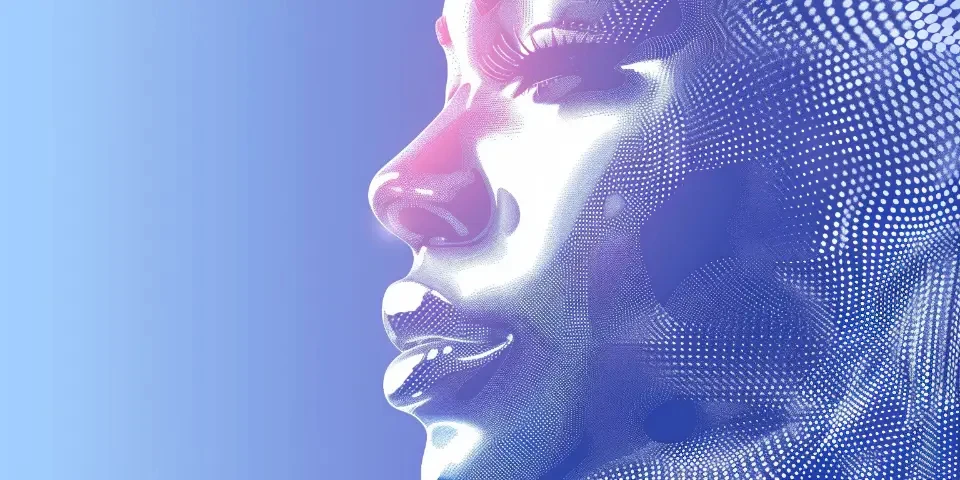Instantly Transforming Words into Melodies The Magic of AI Text to Song Generators
Artificial Intelligence (AI) has revolutionized various industries, and the field of music is no exception. One remarkable application of AI in music production is text-to-song generation, where algorithms can transform written words into melodious tunes. This article explores the magic of AI text-to-song generators and their impact on the music landscape.
1. Introduction to AI Text-to-Song Generators
AI text-to-song generators are software or algorithms that convert textual input into musical output. They utilize natural language processing (NLP) techniques to analyze the semantics, sentiments, and rhythm of the text, ultimately generating a unique melody or song. These generators have opened up new avenues for musicians, composers, and even non-musicians to explore their creativity.

2. The Process Behind AI Text-to-Song Generation
AI text-to-song generators employ complex algorithms to transform words into melodies. The process typically involves several stages:
- Text Analysis: The algorithm analyzes the meaning, emotions, and structure of the input text. It identifies keywords, sentiment-related phrases, and potential musical patterns.
- Melody Generation: Based on the analysis, the AI system composes a melody that aligns with the content and sentiment of the text. It utilizes music theory, chord progressions, and stylistic choices to create a coherent musical piece.
- Melody Refinement: The generated melody undergoes refinements to improve its musicality. This includes adjusting note durations, adding embellishments, and optimizing the overall structure.
3. Applications of AI Text-to-Song Generators
AI text-to-song generators have gained popularity in various domains:
- Music Production: Professional musicians and composers can use AI generators to boost their creative process. These tools can provide inspiration, generate musical ideas, or even create complete compositions based on text prompts.
- Advertising and Marketing: AI generators enable businesses to create catchy jingles or theme songs for their products or services. This helps in enhancing brand recognition and leaving a lasting impression on consumers.
- Personalized Greetings: AI generators allow individuals to transform written messages, such as birthday wishes or love letters, into personalized songs. This adds a unique touch to special occasions or heartfelt expressions.
- Education and Learning: AI text-to-song generators can facilitate music education by helping students understand musical concepts through textual descriptions. They can also serve as a tool for practicing melody creation and composition.
4. Limitations and Challenges in AI Text-to-Song Generation
While AI text-to-song generators offer immense potential, there are a few limitations and challenges:
- Lack of Human Emotion: Algorithms may struggle to capture the full range of human emotions conveyed in text, leading to melodies that lack emotional depth or authenticity.
- Contextual Understanding: AI generators may misinterpret certain phrases or fail to grasp the contextual meaning, resulting in melodies that do not align well with the intended message.
- Style Limitations: Some AI generators are limited to specific musical styles or genres, which may restrict the creative possibilities for certain users or contexts.
5. The Quest for Human-AI Collaboration in Music
As AI text-to-song generators continue to evolve, there is an ongoing quest to find the optimal balance between human creativity and AI assistance. Musicians and composers are experimenting with using AI as a tool, incorporating the generated melodies into their compositions, and adding their unique artistic touch to achieve a harmonious collaboration.
Frequently Asked Questions
Q: Can AI text-to-song generators replace human musicians?
A: While AI generators offer impressive capabilities, they cannot fully replace the creativity, intuition, and emotional depth that human musicians bring to music production. AI should be viewed as a powerful tool for enhancing musical creativity rather than a complete replacement.
Q: Are AI-generated melodies copyrightable?
A: The copyright laws related to AI-generated melodies are still evolving. In general, if the AI generator is considered a tool used by a human creator, the copyright would typically reside with the creator. However, it is advisable to consult legal experts for specific copyright guidance in each jurisdiction.
Q: Are there any free AI text-to-song generator tools available?
A: Yes, there are free AI text-to-song generator tools available, such as Jukedeck and Amper Music. These tools provide basic functionality for generating melodies, but premium versions with additional features are usually available at a cost.
References:
[1] Mariani, J., Bello, J. P., & Sandler, M. B. (2021). Music generation using deep learning. In Deep Learning for Music (pp. 71-122). Springer, Cham.
[2] Huang, A., Vasilescu, I., & Sheng, V. S. (2020). Deep text-to-music generation with disentangled representations. arXiv preprint arXiv:2002.00719.
[3] Park, H., Choi, S., & Yang, Y. (2021). Deep learning for music generation: A survey. Neurocomputing, 448, 268-282.
Explore your companion in WeMate